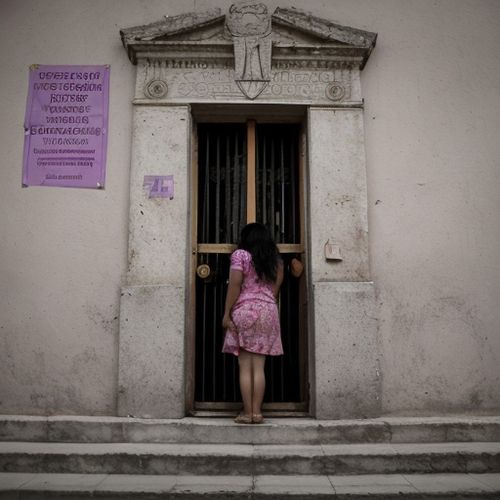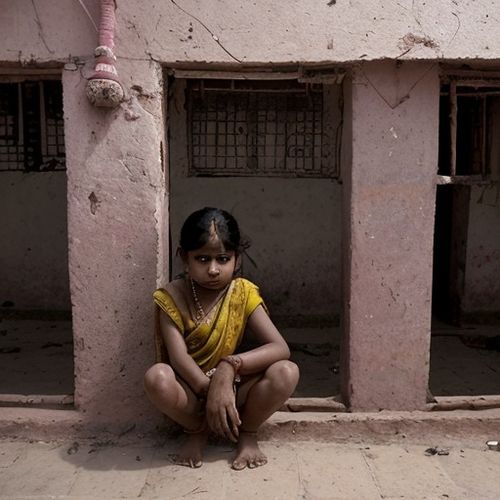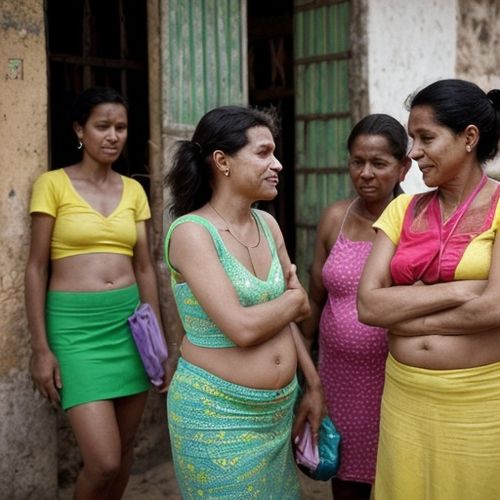Over the past decade, Russia has quietly established itself as one of the most attractive global destinations for in vitro fertilization (IVF) treatments. With advanced medical facilities, relatively affordable costs, and progressive legislation, Russian fertility clinics are drawing patients from across Europe, Asia, and even North America. The country's approach to reproductive medicine combines cutting-edge technology with a pragmatic legal framework that sets it apart from many Western nations.
A Hub for Reproductive Technology
Moscow and St. Petersburg have become particularly notable for their concentration of high-quality IVF clinics. These facilities boast success rates comparable to top centers in the United States or Western Europe, often at a fraction of the cost. Russian embryologists have gained international recognition for their expertise in complex cases, including patients with previous multiple IVF failures elsewhere. The country has been at the forefront of implementing time-lapse embryo monitoring systems and genetic screening techniques that improve pregnancy outcomes.
The Russian healthcare system's investment in reproductive medicine became particularly pronounced after the government declared addressing the country's demographic crisis a national priority. This focus has translated into substantial funding for research and equipment in leading fertility centers. Many clinics now feature state-of-the-art laboratories that would rival those found anywhere in the world.
Legal Advantages for International Patients
Russia's legal framework surrounding assisted reproduction presents several advantages that attract foreign patients. The country permits procedures that are restricted or banned in many other nations, including egg donation, surrogacy, and gender selection for medical reasons. These services are all provided within a clear regulatory system that protects both patients and donors. Unlike some countries where donors remain anonymous, Russia offers the option of either anonymous or known donation arrangements.
Another significant draw is Russia's approach to embryo freezing and storage. The law allows for cryopreservation of embryos for extended periods, with relatively straightforward procedures for international patients to transport frozen genetic material across borders if needed. This flexibility proves particularly valuable for patients who may want to pursue sibling treatments years after their initial procedure.
Cultural and Practical Considerations
Many international patients find Russian medical culture more straightforward and less bureaucratic than what they experience in their home countries. Doctors typically have more time for consultations and are often willing to discuss treatment options in detail. While language barriers can exist, most leading clinics employ English-speaking staff and provide translation services for other languages.
The relative affordability of treatment in Russia compared to Western Europe or North America allows many patients to pursue options that might be financially prohibitive at home, such as multiple IVF cycles or additional genetic testing. This cost advantage extends beyond medical fees to include generally reasonable prices for accommodation and local transportation during treatment stays.
Ethical Standards and Patient Protections
Contrary to some misconceptions, Russian fertility clinics operate under strict ethical guidelines established by both national law and professional medical associations. Patient confidentiality receives particular emphasis, with robust systems in place to protect medical data. Informed consent procedures are thorough, especially when third-party reproduction (donor eggs, sperm, or surrogacy) is involved.
The Russian approach tends to be more pragmatic than ideological when it comes to reproductive ethics. This results in fewer restrictions based on marital status, sexual orientation, or age compared to many other jurisdictions. While individual doctors may have personal ethical boundaries, the system as a whole provides access to a wide range of patients who might face barriers elsewhere.
Logistical Realities for Foreign Patients
Practical considerations for international patients include visa requirements (though many nationalities can obtain medical visas relatively easily) and the need to plan for potentially extended stays. While some basic IVF protocols might require only a brief visit, more complex treatments or surrogacy arrangements typically involve multiple trips or longer continuous stays.
Seasoned medical tourism agencies have emerged to help coordinate all aspects of the process, from initial consultations to accommodation and local support. These services prove particularly valuable for navigating the Russian healthcare system's nuances. Many clinics have developed streamlined processes specifically for international patients, including options for preliminary remote consultations and coordinated treatment planning.
The Future of Russian IVF Services
As global demand for fertility treatments continues to rise, Russia appears well-positioned to maintain and expand its role as a major provider of IVF services. Ongoing investments in medical infrastructure and professional education suggest the country's capabilities will only improve. At the same time, the relative stability of Russia's legal framework for assisted reproduction provides reassurance to patients compared to nations where laws frequently change.
Medical professionals in the field note that Russian fertility specialists increasingly participate in international research collaborations and conferences, ensuring they remain at the forefront of technological advancements. This global engagement, combined with domestic expertise, creates a virtuous cycle that benefits both local and international patients seeking high-quality reproductive care.

By Jessica Lee/Apr 19, 2025

By Noah Bell/Apr 19, 2025

By Amanda Phillips/Apr 19, 2025

By Daniel Scott/Apr 19, 2025

By David Anderson/Apr 19, 2025

By Grace Cox/Apr 19, 2025

By Christopher Harris/Apr 19, 2025

By Laura Wilson/Apr 19, 2025

By Rebecca Stewart/Apr 19, 2025

By Olivia Reed/Apr 19, 2025

By Natalie Campbell/Apr 19, 2025

By Daniel Scott/Apr 19, 2025

By Eric Ward/Apr 19, 2025

By Daniel Scott/Apr 19, 2025

By Megan Clark/Apr 19, 2025

By Grace Cox/Apr 19, 2025

By George Bailey/Apr 19, 2025

By Natalie Campbell/Apr 19, 2025